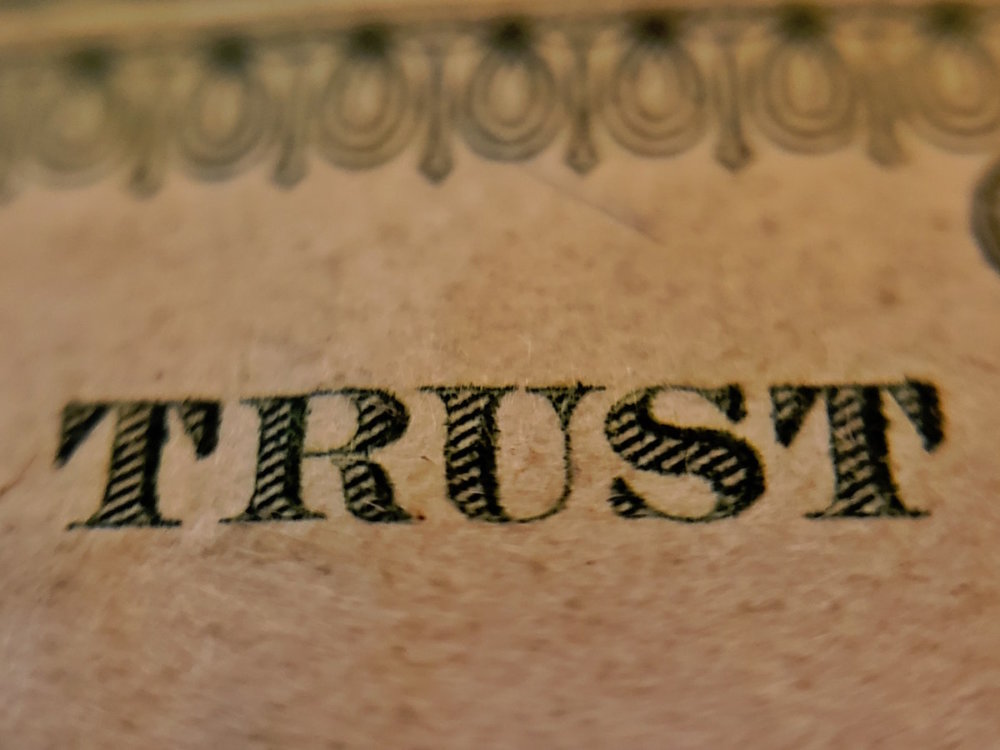With all that is going on in our lives and in the world around us, especially these days, it is understandable that many of us are looking for ways to distract ourselves.
As an executive coach and consultant, I work with clients who deal with this all the time, particularly right now.
Every day we face countless opportunities to distract ourselves – consciously or unconsciously.
Why? Distractions help us escape from the intensity of life in a variety of ways.
Because of this, we have to understand why and how certain things and situations distract us.
Once we understand why we make certain decisions, we can start distracting ourselves in healthy ways and for the right reasons.
So, what are unhealthy and healthy distractions, anyway?
The Difference Between Unhealthy and Healthy Distractions
Unhealthy distractions cause us to avoid certain feelings, situations, and activities that we find challenging or scary.
Because life can get quite intense and stressful, especially these days, we use creative ways to avoid things and feelings that make us uncomfortable.
Some examples of unhealthy distractions include:
- Food
- Alcohol
- Drugs
- Drama
- Obsessively doing any of the following (work, being on our phones, social media scrolling, watching TV/movies/videos, playing video games, etc.)
While some of these things can, in fact, be healthy if done consciously and in moderation, most often and definitely right now we engage in them in unhealthy ways. Although our reasons for doing this stuff may vary, most often it boils down to us not wanting to stop, feel, and deal with the intensity of our lives and what’s going on around us.
Productive Procrastination
The first step to understanding unhealthy patterns is becoming aware of them.
Once we become aware of our unhealthy patterns of distracting ourselves, we can replace some of these negative behaviors with more positive ones. I like to call this “productive procrastination.” Some examples include:
- Re-organizing our desk instead of making those scary phone calls
- Cleaning up the house instead of working on the creative project that we’ve been thinking about
- Exercising to relieve some stress, instead of rushing to the refrigerator to eat and numb out
- Curling up with an inspiring book or watching something that brings us joy
These and other things can “distract” us in more positive ways and have less of a negative impact on us in the long run.
What is important to remember about these healthy distractions is that we must engage in them in a deliberate way.
Do not engage in these “healthy” activities simply as a way to avoid dealing with your life, feeling certain uncomfortable emotions, or acknowledging the challenge of what’s going on around you.

Conscious, Healthy Distractions
The ultimate goal of this process is for us to be able to choose to “distract” ourselves (i.e., get out of our heads, let go of our negative worries, and take a conscious break from the day-to-day stress of life) in a truly healthy way.
When we have positive motivation, and we’re not avoiding anything but choosing consciously to take a break, the outcome and experience of our “distraction” is more likely to be healthy and beneficial.
Taking healthy breaks can help us lead better, more meaningful lives of growth and fulfillment.
It’s essential to take healthy breaks along the way, especially when things get hard, like they are for so many of us right now.
If we don’t take these breaks, it’s easy to let worry, fear, negativity, doubt, and the pressures of life take over, almost without us even noticing.
When you’re feeling overwhelmed, it is crucial always to remember how strong you are. Don’t be afraid or ashamed to take breaks. We all need them.
How to Distract Yourself in a Healthy Way
Here’s a long list of some simple things you can do to “distract” yourself in a healthy way.
- Watch inspiring movies, shows, or videos
- Meditate
- Exercise
- Walk-in nature
- Listen to podcasts
- Sing
- Laugh
- Play with children
- Read inspiring books
- Help others
- Paint
- Connect with people you love
- Dance
- Take classes or workshops
- Write
- Listen to inspiring music
- Swim
- Sit and do nothing
This list could go on and on. Take a moment to reflect on these and other things that you can do that will positively impact your life right now. Be grateful that you can understand and recognize when you have to take breaks and do so when necessary.
It’s Not What You Do; It’s Why You Do It
On my podcast, I often talk about how we consciously “distract” ourselves in healthy ways when we do so with intention. Doing this allows us to interrupt the negative, unconscious, and habitual patterns of our minds and our culture that often get in the way of us experiencing the peace, joy, and abundance that is naturally and authentically around us and within us all the time.
This is so important for us to be mindful of, especially with all that is going on in our lives and in the world around us right now.
How can you distract yourself in healthy ways and for healthy reasons? Share your thoughts, action ideas, insights, and more below.
My book, Nothing Changes Until You Do, explores the delicate and complicated relationship we have with ourselves. Click here to learn more about it.
I have written five books about, among other things, the importance of trust, authenticity, appreciation, and more. I deliver keynotes and seminars (both in-person and virtually) to empower people, leaders, and teams to grow, connect, and perform their best. As an expert in teamwork, leadership, and emotional intelligence, I teach techniques that allow people and organizations to be more authentic and effective. Find out more about how I can help you and your team achieve your goals today.
Feel free to leave any comments below.
Liked this post? Here are three more!
Trust is Granted, Not Earned
We’re All Doing the Best We Can
Who Do You Think You Are?
This article was originally published on May 12, 2010, and has been updated for 2021.
